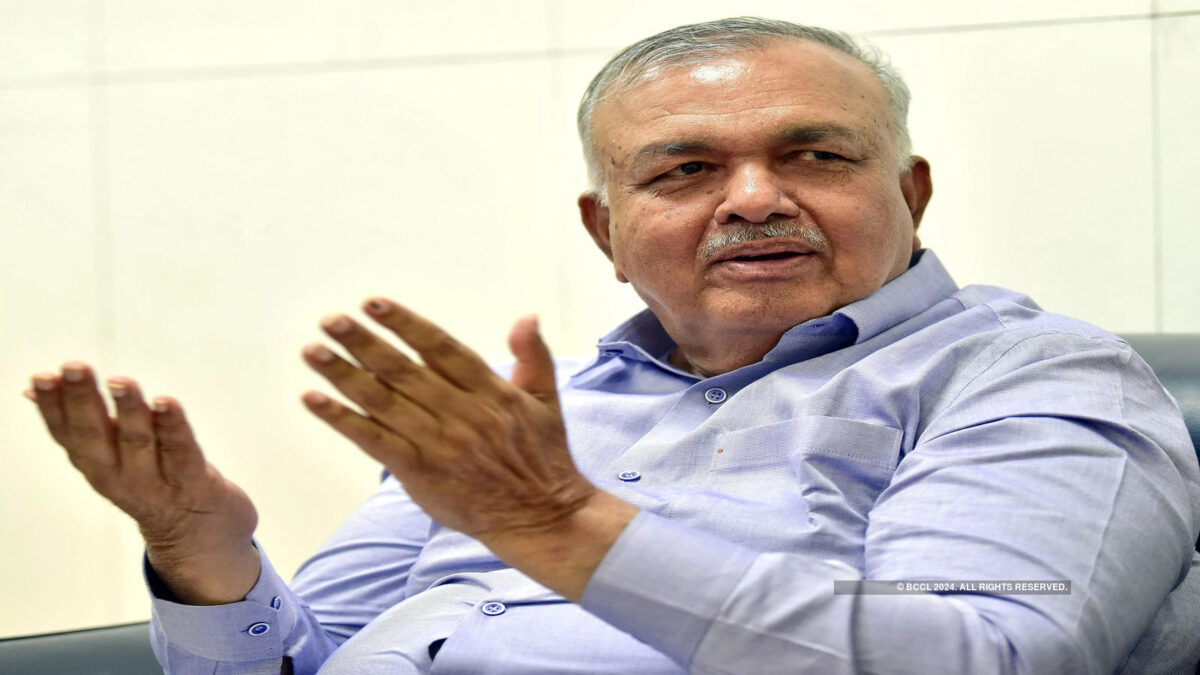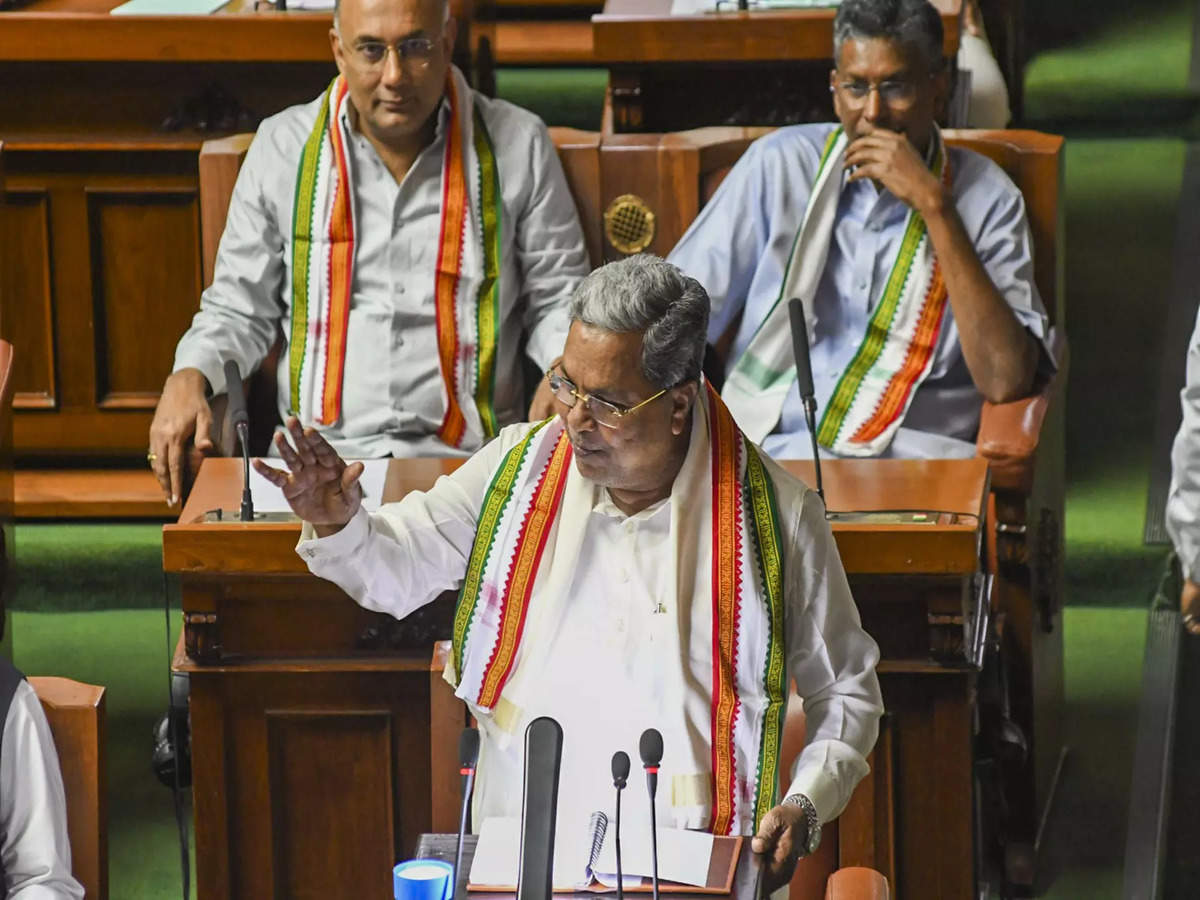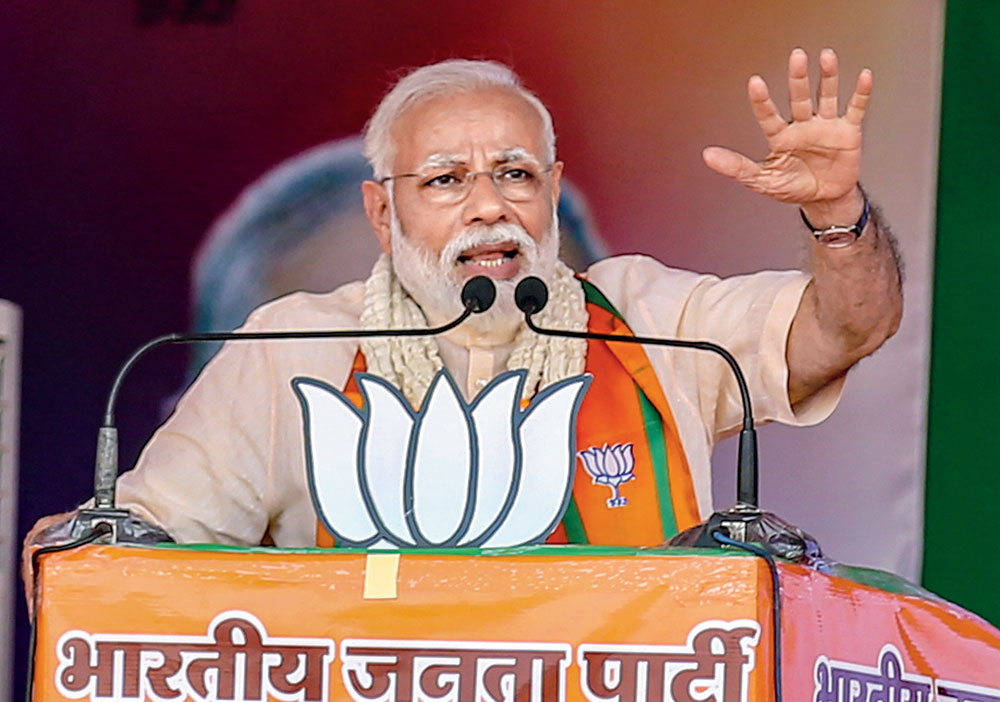Table of Contents

In a recent declaration, Ramalinga Reddy, the esteemed Minister for Transport & Muzrai in Karnataka, has issued a stern directive aimed at BJP leaders, urging them to acquaint themselves with the law before making claims about the diversion of temple funds. This statement comes amidst a backdrop of heated debates and controversies surrounding the alleged misappropriation of funds allocated for temples in the state.
The Minister’s Assertion on:
Ramalinga Reddy’s assertion is crystal clear: there is to be no diversion of temple funds, and any insinuations suggesting otherwise should be backed by a thorough understanding of the legal framework governing such matters. This stance reflects a commitment to transparency and accountability in the management of religious finances, a principle vital for maintaining public trust and upholding the sanctity of religious institutions.
Addressing Allegations of fund:
The Minister’s directive is undoubtedly a response to the flurry of allegations and speculations regarding the misuse of temple funds. Such accusations can have far-reaching implications, tarnishing the reputation of both the government and the religious bodies involved. By urging BJP leaders to familiarize themselves with the law before making claims, Reddy aims to dispel misconceptions and ensure that discussions surrounding temple finances are grounded in legal facts rather than hearsay.

Legal Framework:
Understanding the legal framework governing temple finances is paramount for anyone involved in discussions on this matter. In Karnataka, the administration of temple funds is regulated by the Karnataka Hindu Religious Institutions and Charitable Endowments Act, 1997. This legislation outlines clear guidelines regarding the management, utilization, and auditing of funds allocated to religious institutions, leaving little room for ambiguity or misinterpretation.
Transparency and Accountability:
At the core of Reddy’s directive lies the principle of transparency and accountability. Temple funds, often sourced from donations by devotees, are meant for specific purposes, such as the maintenance of religious structures, conducting rituals, and supporting charitable activities. Any deviation from these intended purposes not only violates the trust of the devotees but also undermines the integrity of the religious institutions responsible for their stewardship.

Safeguarding Religious Institutions:
Temple funds represent not just monetary resources but also the faith and devotion of countless believers. As custodians of these sacred assets, it is incumbent upon both the government and religious authorities to ensure their proper management and utilization. By upholding the law and enforcing strict oversight mechanisms, Reddy seeks to safeguard the sanctity of religious institutions and preserve the faith of the community they serve.
The Role of Political Leaders:
Political leaders, irrespective of their affiliations, bear a significant responsibility in shaping public discourse and policy decisions. When it comes to matters concerning religious affairs, it is imperative that they exercise caution and diligence in their statements and actions. Baseless allegations and inflammatory rhetoric not only sow discord but also hinder constructive dialogue aimed at addressing genuine concerns and issues.

Collaborative Efforts:
Reddy’s directive should be seen as an invitation to constructive collaboration rather than a confrontational stance. By encouraging BJP leaders to engage in informed discussions based on legal insights, he fosters an environment conducive to meaningful dialogue and problem-solving. In the spirit of good governance, all stakeholders must work together to ensure the proper stewardship of temple funds and the continued prosperity of religious institutions.
Conclusion:
Ramalinga Reddy’s unequivocal directive against the diversion of temple funds sends a strong message about the government’s commitment to transparency, accountability, and the rule of law. By urging BJP leaders to acquaint themselves with the legal framework governing temple finances, he seeks to foster a culture of responsible governance and informed discourse. In doing so, he reaffirms the government’s resolve to uphold the sanctity of religious institutions and honor the trust placed in them by millions of devotees across Karnataka.


